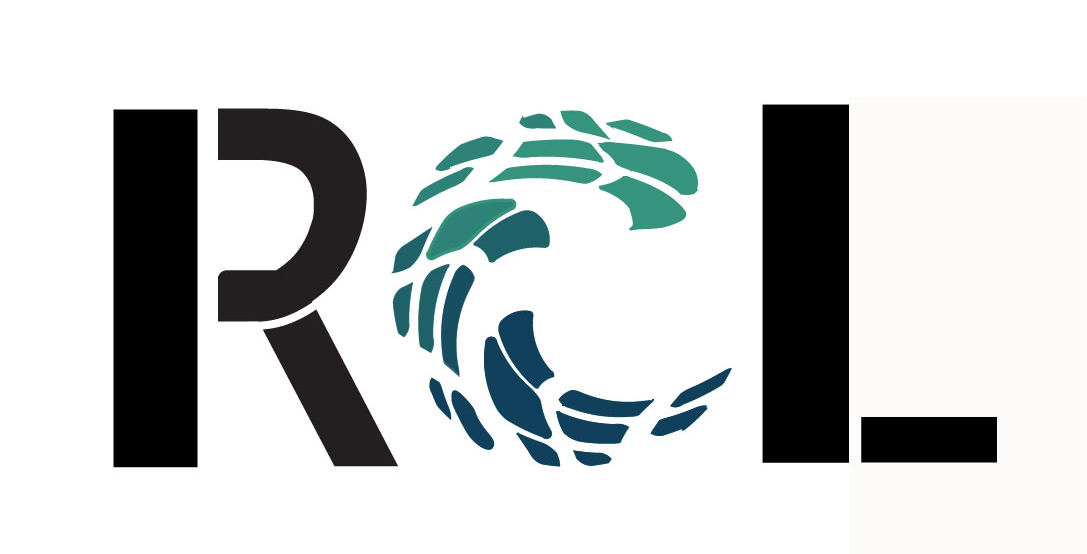TEK-STEAM Initiative
Weaving Traditional Ecological Knowledge (TEK) with Science, Technology, Engineering, Arts and Math (STEAM) for better climate assessment and policyAcross our collaborative networks, we aim to mainstream this combination of TEK-STEAM knowledge to drive more equitable and sustainable adaptation outcomes for all, including Indigenous and non-Indigenous communities.
Goals
- Weave TEK, STEAM, and other knowledge systems into MIT’s academic curriculum.
- Build long-term relationships with Indigenous communities while ensuring that all research is accountable to Indigenous communities.
- Advance the creation of an Indigenous Research Center at MIT that will serve as a dedicated space for Indigenous knowledge that fuses with Western academic disciplines, and acts as a centralized place to reach Indigenous communities.
- Support Indigenous faculty and students.
RCL Director Dr. Janelle Knox-Hayes is part of the Indigenous Community Planning Project in DUSP, a multi-disciplinary research and teaching effort that seeks to center Indigeneity within the field of urban planning. Students and faculty engage with Indigenous communities, scholars, leaders, and activists to explore how to address questions of sovereignty, identity, land-use planning, climate adaptation, natural resource development, and historical land-taking The research, curriculum development, and practice activities are undertaken in partnership with Indigenous communities and seek to highlight lessons and practices from Indigenous planning that can be applied more generally.
These efforts include pilot projects in rural and urban conservation sites in Massachusetts, with a focus on building connections betwee communities, practitioners, and generations. These projects have strengthened connections with local Indigenous communities in Massachusetts, the MIT SOLVE Indigenous Fellows program, and Indigenous student groups at MIT, as they seek to add Indigenous students, staff, and faculty to the MIT community.
The work also offers a model for how to embed equity and justice, harmonize knowledge forms, and empower communities in land use and climate planning.
Partners and Funding
Partners: Indigenous land and water conservationist Leslie Jonas, North American Indian Center of Boston, GreenRoots, MIT Sea Grant
Funding: MIT Climate and Sustainability Consortium, National Oceanic and Atmospheric
Administration (NOAA)
Courses
11.171 (Undergraduate) / 11.271 (Graduate)
Indigenous Environmental Planning
Examines how Indigenous peoples' relationships to their homelands and local environments has been adversely affected by Western planning. Explores how these relationships have changed over time as American Indians, Alaska Natives, and other groups indigenous to North America and Hawai'i have adapted to new conditions, including exclusion from markets of exchange, overhunting/overfishing, dispossession, petrochemical development, conservation, mainstream environmentalism, and climate change. Seeks to understand current environmental challenges and their roots and discover potential solutions to address these challenges.
11.S398 (previously listed as 11.S188 and 11.S953)
Indigenous Water and Energy Planning
The course Indigenous Water and Energy Planning: Emergent Futures in Scaling Traditional Ecological Knowledgeis reading seminar focused on the critical intersections between Indigenous knowledge systems, water resources management, and environmental justice. Taught by Dr. Janelle Knox-Hayes and MLK Fellow Jean-Luc Pierite, the seminar centers on readings of the genres of Indigenous futurisms that address the basics of Indigenous water and energy planning. Students understand emergent trends in developing traditional ecological knowledge through the lens of these genres, guest lectures, discussions, and case studies. Students propose speculative projects to scale community-based water planning interventions and initiatives to support the sovereignty and self-determination of Indigenous governments.
Publications
Kumasaka, Osamu, Robin Bronen, Elise Harrington, Janelle Knox-Hayes, Shirley Laska, Albert Naquin, Andy Patrick, Kristina Peterson, and Stanislaus Tom. (2021) "Planning for resettlement: Building partnerships for, by, and with Indigenous peoples." GeoJournal: 1-21. (link)

